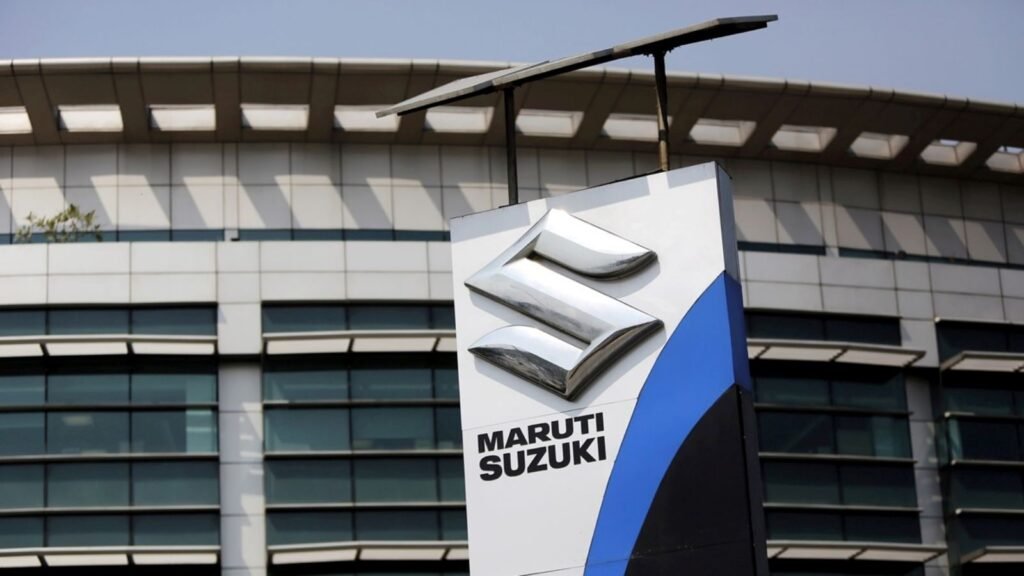The country’s largest carmaker, Maruti Suzuki, has decided to pass on the full benefits of the revamped Goods and Services Tax (GST) regime, and has announced price cuts ranging from Rs 46,400 to Rs 1.29 lakh across its portfolio. The company’s smaller variants, including hatchbacks and mini SUVs, will see the sharpest cuts.
The revised prices will come into effect from September 22, 2025, in line with the updated GST regulations and the move also coincides with the upcoming festive season.
Entry-level cars such as the S-Presso and Alto K10 will see the steepest cuts, with reductions of up to Rs 1.29 lakh and Rs 1.07 lakh, respectively. SUVs like Fronx and Brezza have also seen reduction by up to Rs 1.12 lakh.
A source close to the company said that the price cuts in entry level cars are much beyond the GST reduction. For instance, in the S-Presso, the reduction is in the range of 12.6 to 24 per cent, and in the case of the Alto K10, the cuts are in the range of 10.6 to 20 per cent. For the Celerio, it is between 8.6 to 17 per cent and in the Wagon R, the reduction is in the range of 8.7 t0 17 per cent.
For Maruti Suzuki, these cuts could boost its small car sales, a segment which has been dwindling in the last few years, as it hopes that people shifting from a two-wheeler to a car would pick one of its budget offerings.
Under GST 2.0, small cars with engine capacity not exceeding 1200 cc (petrol) and 1500 cc (diesel) and with length not over 4 metres will be in the 18 per cent slab, as opposed to the earlier 28 per cent slab. For petrol cars that have an engine capacity of more than 1200 cc, and diesel cars with an engine capacity of more than 1500 cc, and a length of over 4 metres, the GST rate now would be 40 per cent as against 28 per cent earlier.
The GST reductions have come at a critical juncture for the car industry, which has seen four consecutive months of declining passenger vehicle sales, signalling consumer distress, especially at the lower end of the market. A total of 321,840 vehicles were dispatched from factories to dealerships last month, an 8.8 per cent decline from 352,921 units a year earlier, showed data issued by industry body Society of Indian Automobile Manufacturers.
Story continues below this ad
The Indian Express had earlier reported that while the GST overhaul has reduced the rates on several cars and also done away with the compensation cess, which is expected to make cars cheaper, dealers who have requisitioned the cars from manufacturers at the older rates have paid GST and cess on it. Those cars now – which dealers had stocked up due to the incoming festive season – are proving difficult to sell, as customers are unwilling to buy cars at the older rate. As a result, they are having to offer a discount on those cars out of their own pockets, with estimates suggesting that they could be staring at losses of Rs 2,500 crore, eroding their working capital. They are unsure whether there will be some relief in terms of refunds, and where it might come from.
© The Indian Express Pvt Ltd


